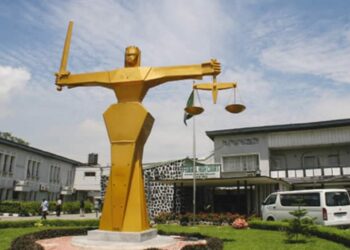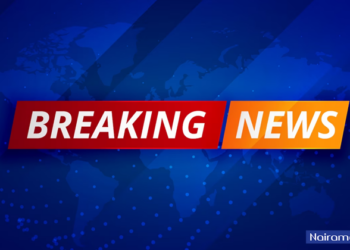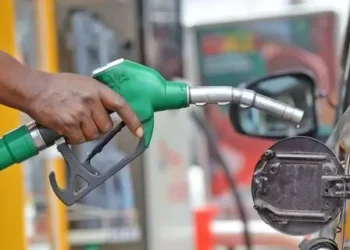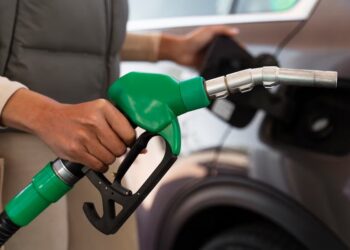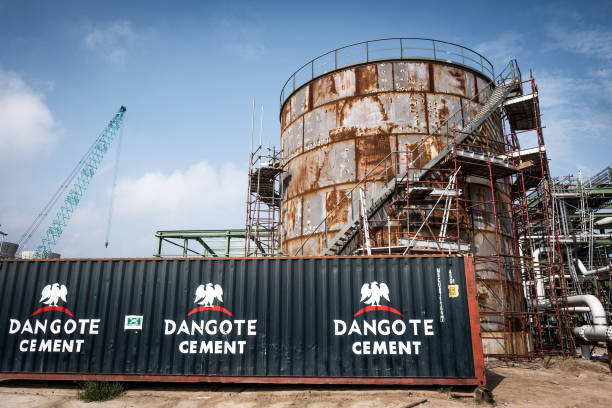The Vice President, Downstream at the Nigerian National Petroleum Company, Adedapo Segun has stated that the current pump price of petrol is not market reflective and could be higher.
He stated this during an interview on Arise Tv morning show where he explained the problems the company is facing with regards to petrol supply.
According to him, despite the increase in petrol prices from N617 per litre to N897, it does not reflect free market conditions.
He said, “You’ll recall that I said earlier that in the summer months prices are high and as we move towards the winter months, prices drop. So you expect to see prices drop in those climes where petrol prices are market based but the opposite is our situation.”
“We are not at our full market pricing of PMS yet and that is why the behaviour of PMS prices in Nigeria cannot be compared to those markets where the prices are fully market based. And if you are going to do a comparison, you’ll check out the equivalent of those prices you see in those climes and compare them to the prices here and you’ll see they are way higher than the prices we are offering when you bring them to a common currency”
Furthermore. Mr. Adedapo Segun noted that the Petroleum Industry Act (PIA) provides for a free-market petrol pricing system where different players can source the product and sell at market-based prices which he noted will bring competition to the industry and quality services to Nigerians.
He also stated that the exchange rate was impeding on the operations of the NNPCL with the company experiencing challenges with foreign exchange liquidity but assured that the current petrol scarcity will fizzle out in the next few days.
On the NNPCL debt to international market suppliers, the Vice President downstream stated that the company has never defaulted on its debt in the past and has the confidence of marketers in the industry.
Backstory
On Tuesday, the Nigeria National Petroleum Company Ltd (NNPCL) retail arm increased the pump price of petrol from N617 per litre to N897 to the anger of Nigerians who have been suffering from scarcity of the product in the past one month.
Despite the increase, players in the industry say that it is not reflective of the right market conditions with the landing cost of petrol projected at N1,200 per litre result in a subsidy payment which was earlier removed in June last year.
The increase in petrol prices has drawn reactions from different groups and organisations, the Nigeria Labour Congress (NLC) has faulted the increase calling for a reversal while student bodies in the country have called for a nationwide protest over the increase.









